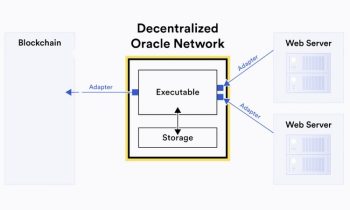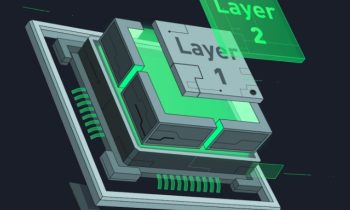Our Blog
Blockchain technology and digital assets are revolutionizing the financial landscape. By offering decentralized, transparent, and accessible solutions, they enable greater financial inclusion and democratize access to services despite geographical, economic, or social barriers. 1. Redefining Financial Access Blockchain technology, the..
Read MoreDecentralized Finance (DeFi) has revolutionized the financial landscape, allowing users to engage in economic activities without needing traditional intermediaries like banks. At the heart of DeFi lies blockchain technology, which enables secure, transparent, and decentralized transactions. However, as DeFi platforms..
Read MoreThe rise of Decentralized Finance (DeFi) is one of the most transformative trends in the financial sector. Through blockchain-based platforms, DeFi offers an alternative to traditional banking services. One of the most disruptive aspects of DeFi is lending protocols, which..
Read MoreReal estate is one of the most lucrative and stable investment sectors. Still, it has traditionally been difficult for many investors to access, given high capital requirements and the complexities of property ownership. Blockchain technology, however, is changing the game..
Read MoreThe rise of Decentralized Finance (DeFi) has opened up new possibilities in the financial sector, challenging traditional centralized systems. At the heart of DeFi lies blockchain technology, which allows users to interact, transact, and govern platforms without intermediaries like banks..
Read MoreDeFi revolutionizes financial systems by providing trustless, transparent alternatives. Oracle networks bridge on-chain and off-chain data gaps, enabling DeFi applications to operate effectively. 1. What Are Oracle Networks? Oracle networks are decentralized systems that fetch, verify, and deliver real-world data..
Read MoreIn the digital age, how we create, buy, and sell art, music, and other creative works is revolutionizing. Non-fungible tokens (NFTs) are at the forefront of this transformation, leveraging blockchain technology to provide artists, musicians, and creators with new opportunities..
Read MoreAs blockchain adoption grows, so does the need for faster, more efficient transaction processing. Decentralized Finance (DeFi) platforms, in particular, require scalability to handle increasing user demand without compromising on decentralization or security. Enter Layer 2 solutions are designed to..
Read MoreIn the volatile world of cryptocurrencies, stablecoins have emerged as a reliable bridge between traditional finance and digital assets. Stablecoins are designed to maintain a consistent value and address the price volatility that often characterizes cryptocurrencies like Bitcoin and Ethereum...
Read More








